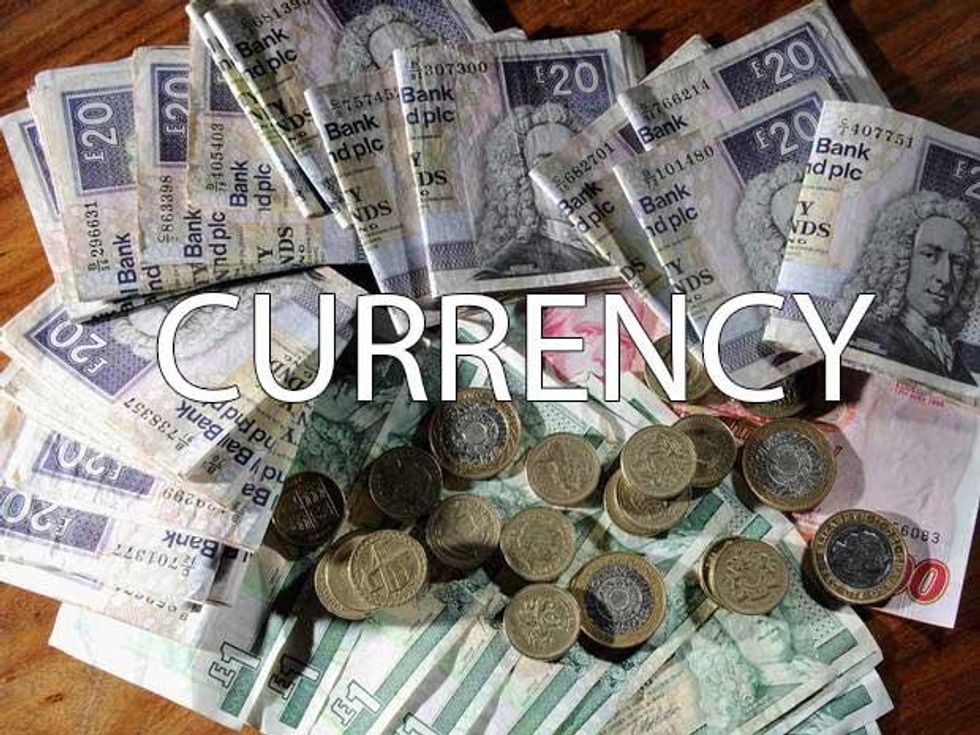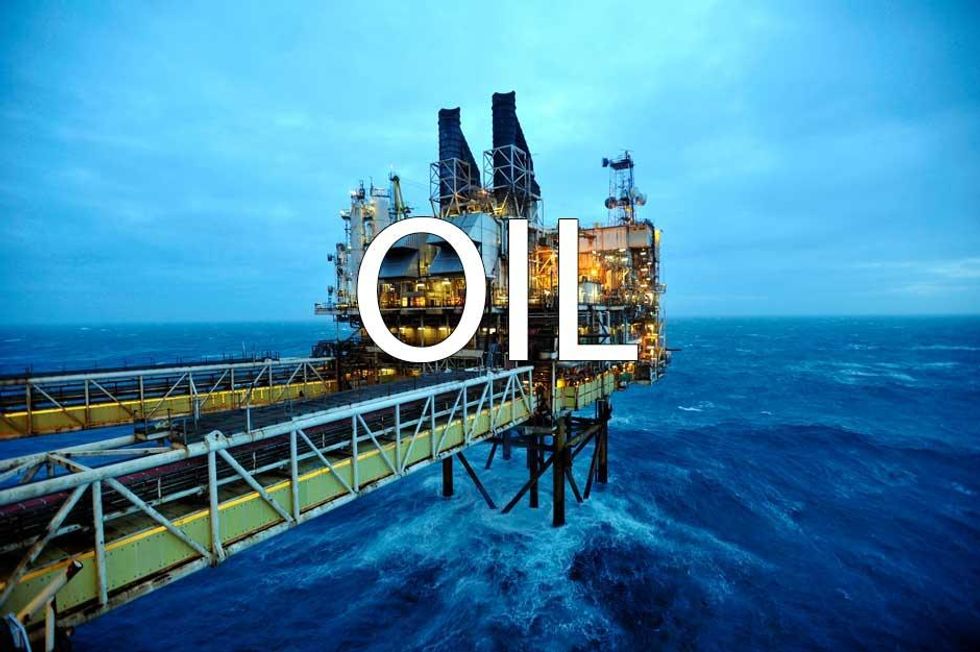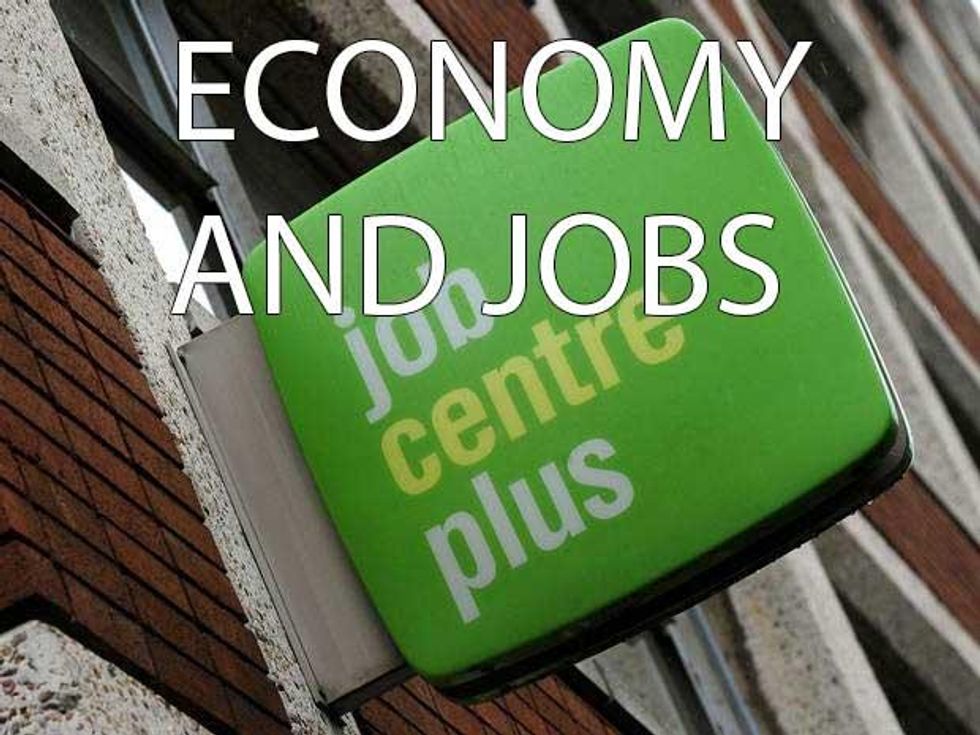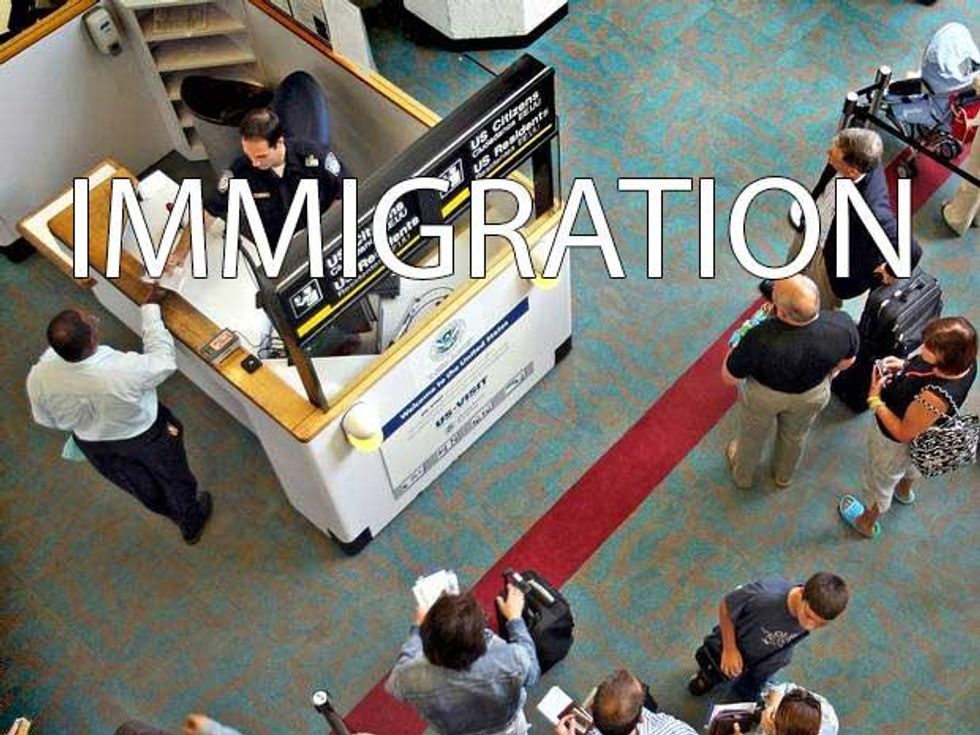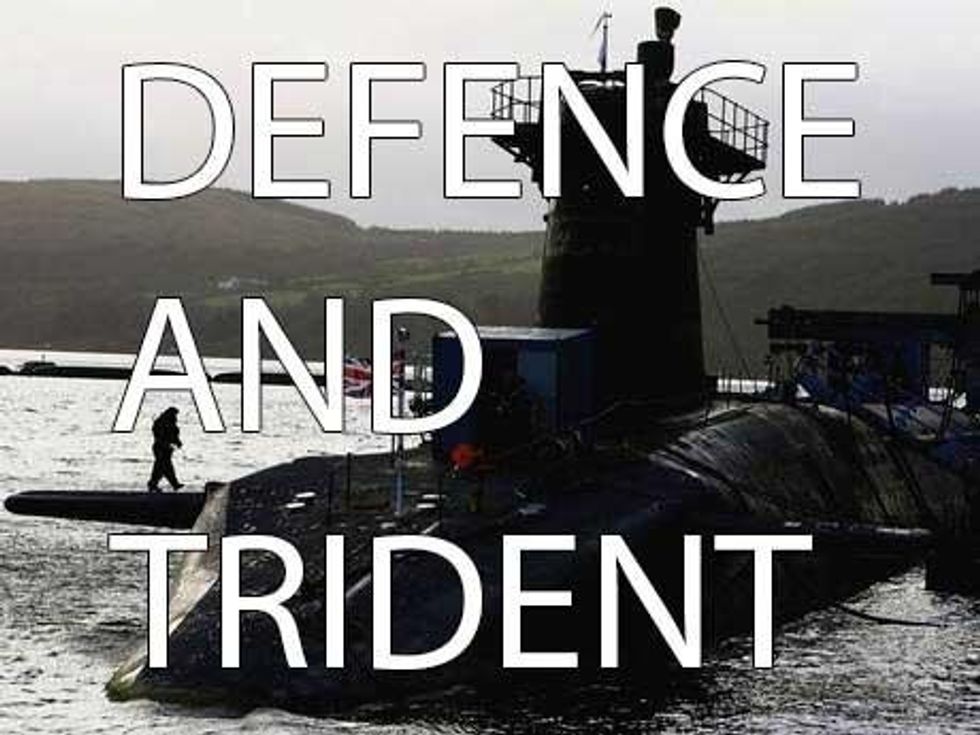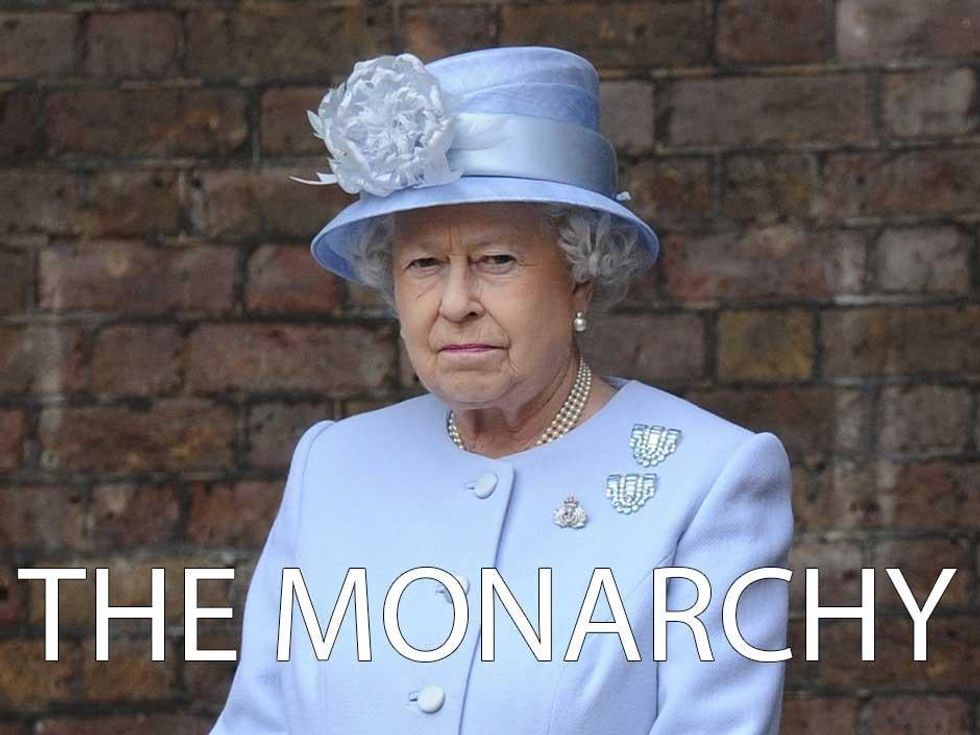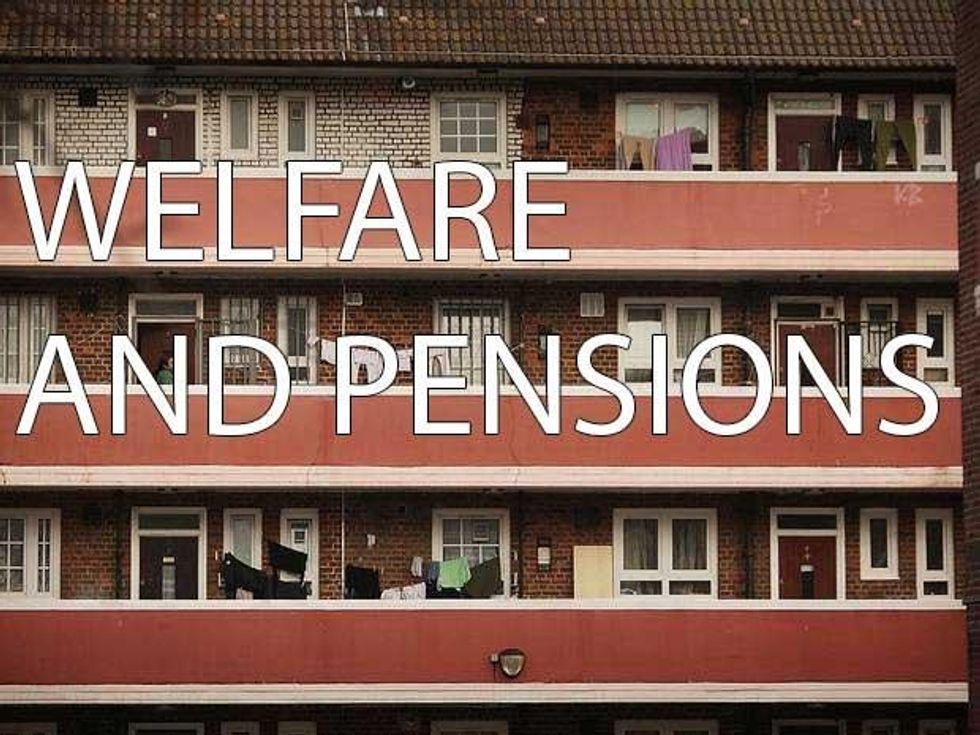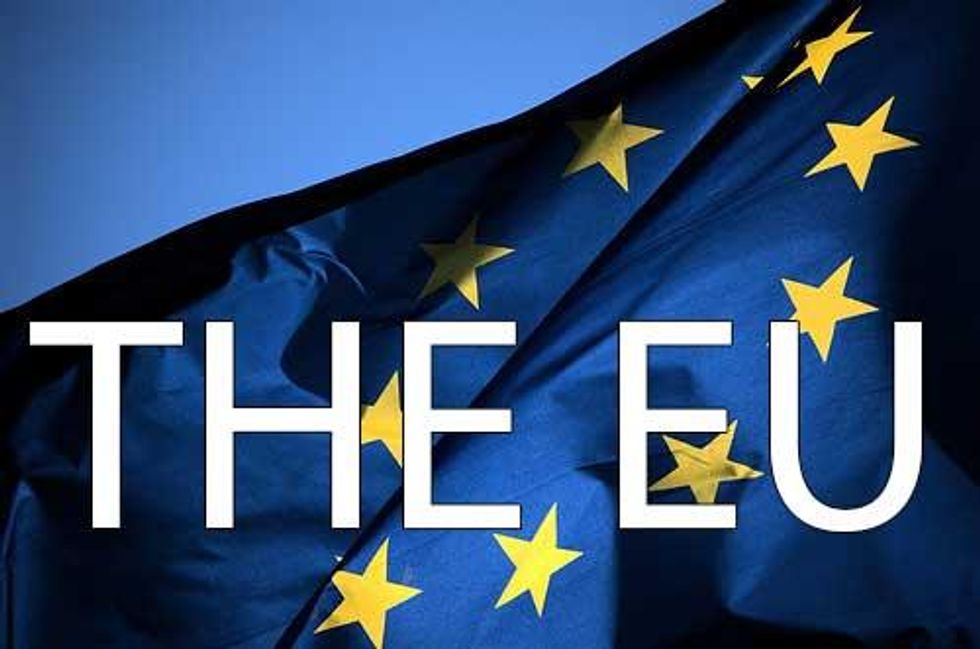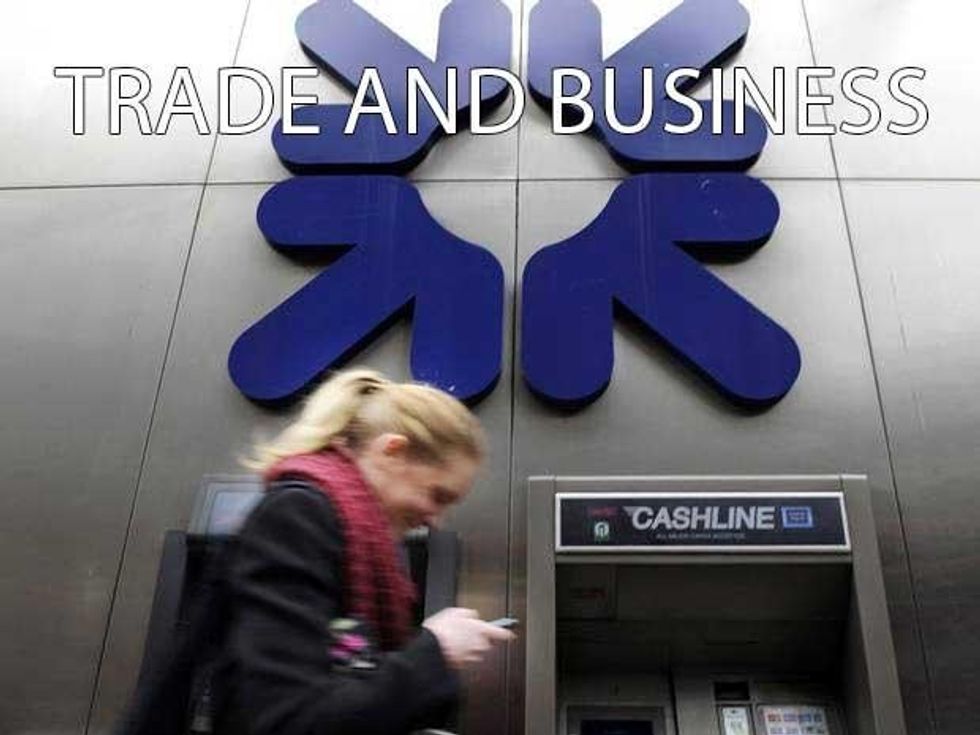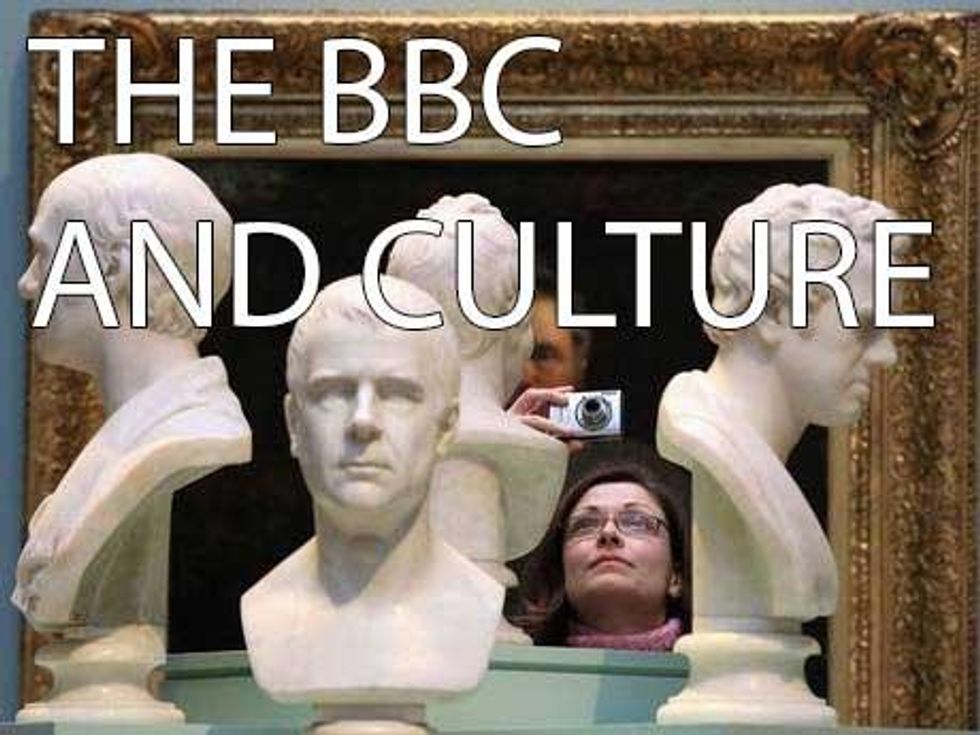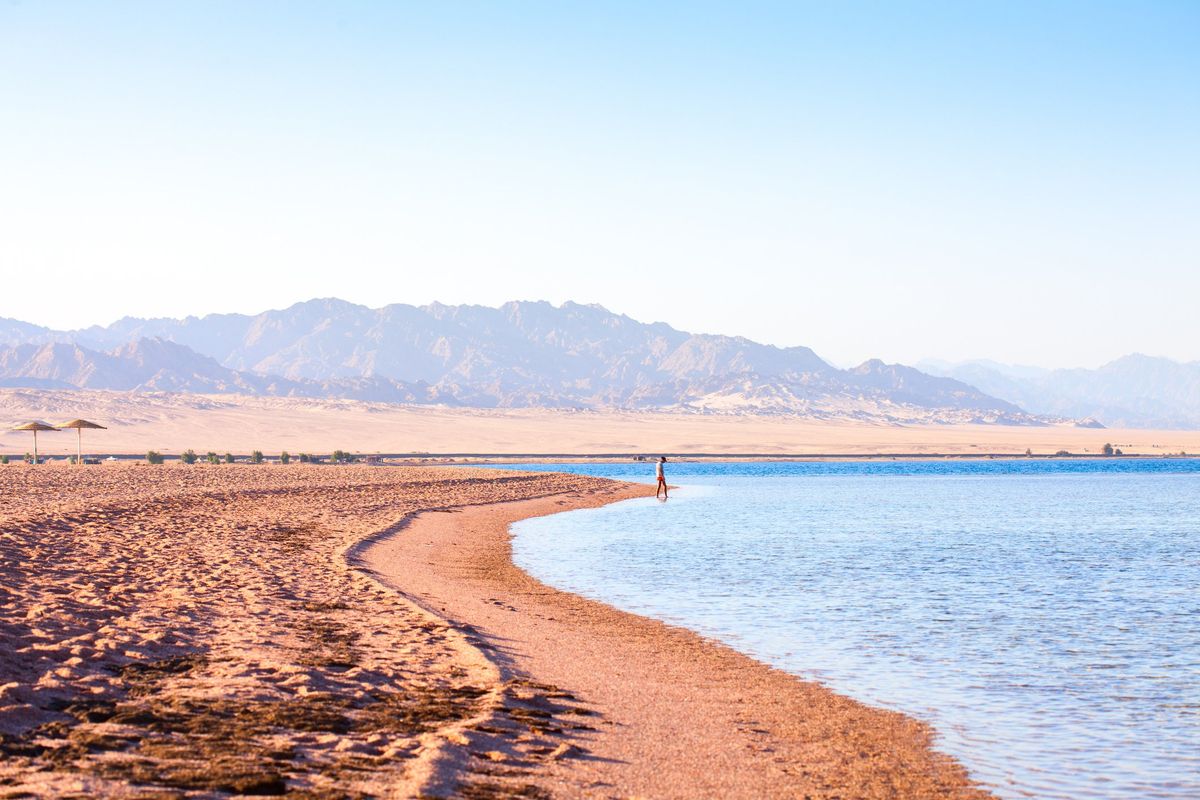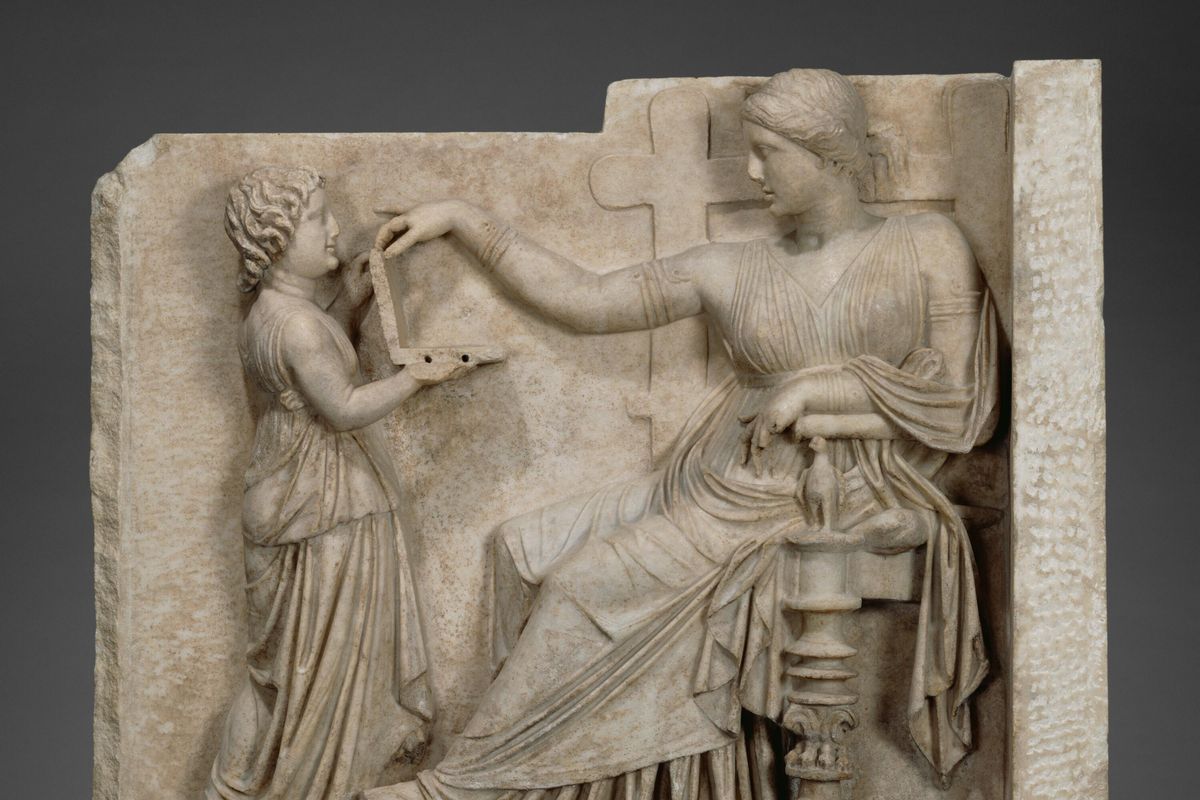News
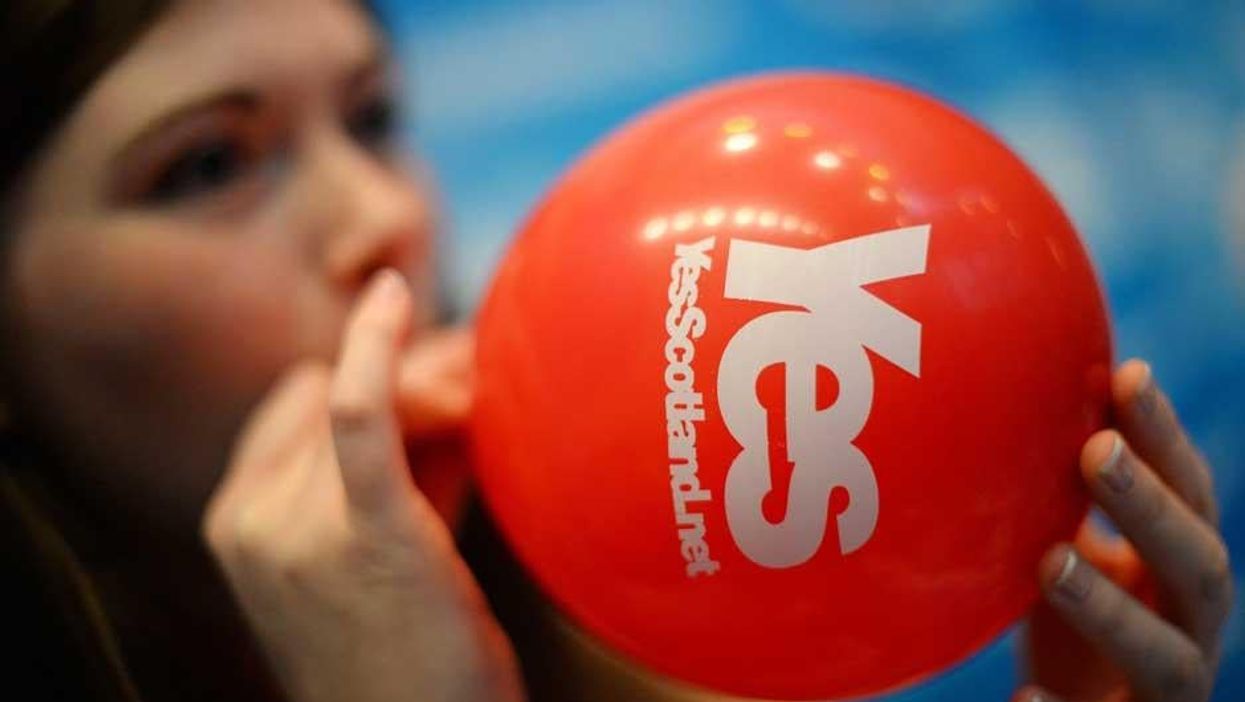
With the referendum coming ever closer, and the two camps neck and neck in the polls, there are a number of issues that carry the full force of the debate.
YES
Alex Salmond was mocked by Alistair Darling in their first debate for having “no plan B” if an independent Scotland could not share the pound. A poll this month suggested Mr Salmond may have taken the sting out of the issue, with 51 per cent of Scots saying they thought anti-independence politicians were bluffing when they said England would not allow a currency union.
NO
Better Together has sought to make uncertainty over a breakaway Scotland’s currency its central argument against independence. George Osborne has declared that Scotland would not be allowed to share the pound, backed by Labour and the Lib Dems. Last week the Bank of England Governor, Mark Carney, said currency union in the event of independence would be “incompatible with sovereignty”.
YES
The nationalists believe the UK Government has squandered most of the North Sea oil revenues by failing to establish a fund for the money to be invested. Under independence, they say, such a fund would be created. This would also help to get around the problem of oil’s volatility from year to year.
NO
The Better Together campaign has argued that relying too heavily on North Sea oil would be dangerous. They argue that there might not be as much oil under the North Sea as the Scottish Government is expecting, pointing to statements made by an oil industry expert, Sir Ian Wood, who warned last month that they may have overestimated the amount by up to 60 per cent.
YES
The Yes campaign has quoted studies claiming the economy has underperformed as a result of Westminster policies. The Scottish Government has sought to highlight the success of food, whisky and tourism. Nationalists dismissed warnings of job losses from banks relocating their HQs to England, claiming it would simply be a case of moving a brass plate.
NO
The UK Treasury warned in 2013 that the Scottish banking industry was too big to be bailed out in a crisis. With assets worth more than 12 times the country’s GDP, it said each taxpayer would face liabilities of £65,000 in the event of a collapse. The No campaign then sought to capitalise on the Defence Secretary, Philip Hammond’s prediction of 12,000 military-related job losses and billions of pounds of missed contracts if Scotland went it alone.
YES
Pro-independence campaigners have derided warnings about border controls as scaremongering and insist Scotland would remain part of the common travel area covering the UK and Ireland because of “our shared history, culture and borders”. Alex Salmond said an independent Scotland would need to increase net annual immigration to around 24,000 to maintain public spending.
NO
The Home Secretary, Theresa May, suggested border controls with England may be introduced if Scotland votes Yes. She argued independence could lead to Scotland joining the European Schengen common travel area which the UK has not signed up to.
YES
Nationalists believe they are on to a winner in left-leaning Scotland with their pledge to remove Trident within five years of independence. In campaigning in the west of Scotland, the Yes camp has tried to allay fears over jobs at the Faslane nuclear base by stressing that the new Scottish Defence Force would be based on the site.
NO
Better Together has argued a Yes vote would risk Scots’ safety in a volatile world and threaten tens of thousands of jobs in defence. But it has been conscious of the hostility among many Scots to nuclear weapons, so has relied on outside experts and UK-based politicians to do the heavy pounding on defence, notably the importance of maintaining Trident.
YES
The Queen would remain head of state in Scotland, just as in Canada, Australia and New Zealand. The Scottish Government’s White Paper on an independent Scotland points out that the Union of the Crowns dates back to 1603, pre-dating the Union of the Parliaments by more than a century.
NO
Although in the short term the Queen’s role in Scotland would not change, supporters of the Union say her position would be far less secure. They point to remarks by Dennis Canavan, chairman of the Yes campaign, who said last year that a national referendum should be held on who should be head of state in the event of independence.
YES
Nationalists warned that failure to achieve full independence could jeopardise popular policies such as free personal care. In May this year more than 100 health professionals formed NHS for Yes, claiming the service was at risk of future cuts by Westminster.
NO
Even before the launch of the campaign, opponents of independence pointed out that Scotland has always had operational control of its own NHS.
YES
Welfare in Scotland is still controlled by Westminster, a state of affairs the nationalists say is unfair, pointing to the fact that around 90 per cent of Scottish MPs voted against the so-called “bedroom tax”. Pensions which have already been accrued will be honoured according to the SNP, who have claimed state and public sector pensions will be paid as before.
NO
The Better Together campaign has claimed an independent Scotland would face deep spending cuts which would place a strain on welfare budgets, arguing that the nationalists’ sums do not add up. The three main Westminster parties unveiled plans last week to fast-track new welfare powers for the Scottish Parliament if the country votes No.
YES
The Scottish Government has said there are no plans for tax increases after a Yes vote, claiming it could raise £250m a year or more by simplifying tax. But the chairman of Yes Scotland, Dennis Canavan, has hinted at a system which would mean the wealthy would pay more than those less well off.
NO
Better Together has pointed to research by the Institute for Fiscal Studies suggesting that from 2016, an independent Scotland’s public finances would face a bigger deficit than the UK’s. It argues this would leave a £6bn hole in public spending which could only be plugged by big tax increases.
YES
Alex Salmond accused the “Westminster elite” of jeopardising Scotland’s EU future. Mr Salmond remains confident Scotland will successfully negotiate a “continuing” membership of the EU in the 18-month window between now and the date set for independence in 2016. In other words Scotland would not technically leave the EU.
NO
Legal advice taken by the Government claims an 18-month negotiating window is “unrealistic”. The possibility that Scotland would trail the pound would prove a barrier to continuing membership. The claim is “No functioning central bank, no EU”. Allowing Scotland to be handed fast-track membership without evidence of the usual convergent economic requirements would be unprecedented.
YES
Nationalists always knew they would face an assault from big business and got their retaliation in early. Business for Scotland was launched in March 2013 and now boasts a membership of 2,500 business people. Like its rivals, it has rolled out declarations of support, with 200 executives coming out for independence in August followed by another 100 last week.
NO
Big names raising fears about the impact of independence in recent days have included the Royal Bank of Scotland, Lloyds, Standard Life, BP and Kingfisher. John Lewis added the warning to consumers that prices could be higher in a separate Scotland than in England.
YES
A new Scottish Broadcasting Corporation (SBC) would be created as a state broadcaster, and the BBC’s Scottish staff could form part of that new organisation. The same assurances have been given on other national arts organisations, already branded with a Scottish identity, such as Scottish Ballet.
NO
Alex Salmond’s belief that an SBC and the BBC would swap programming was described as “make believe” by the former Director General of the BBC, John Birt. Some BBC executives in Scotland worry about their future, saying STV, the main commercial broadcaster in Scotland, could be handed the role currently occupied by BBC Scotland. Economists have warned that an independent Scotland’s TV licence was likely to be triple the current UK fee.
More: 10 Scottish people who can't vote in the independence referendumMore: Your questions about an independent Scotland, answered
Top 100
The Conversation (0)
